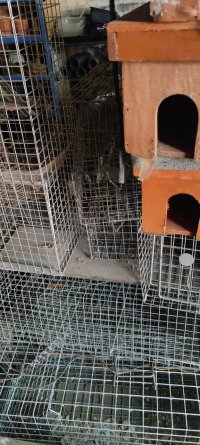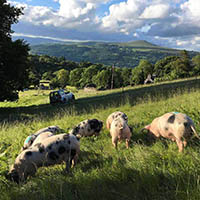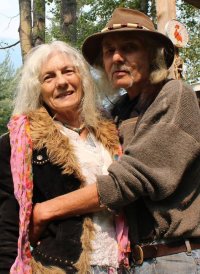As part of my bushcraft journey, I have found myself interested in trapping and building traps. Where I go to practice Bushcraft I have seen rabbits in the area, however I always go with plenty of food and water to see me through my trip so never found the need to need to take from the land
Then I found myself conflicted for these reasons. If you carve a trap set and then you don’t use it, how do you know that these pieces of wood that you’ve carved are going to work?
How do you get good at trapping and catching you target animal if you don’t practice?
Has anyone else had these thoughts about the subject?
Then I found myself conflicted for these reasons. If you carve a trap set and then you don’t use it, how do you know that these pieces of wood that you’ve carved are going to work?
How do you get good at trapping and catching you target animal if you don’t practice?
Has anyone else had these thoughts about the subject?
Last edited:



